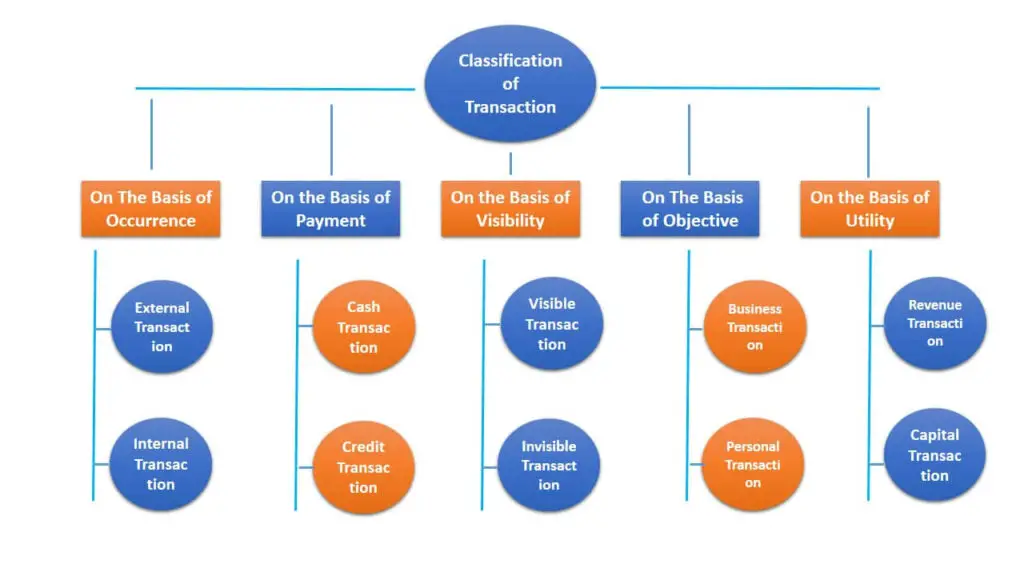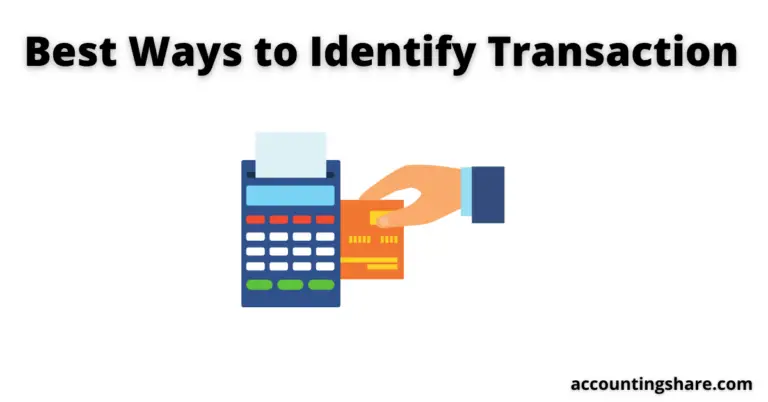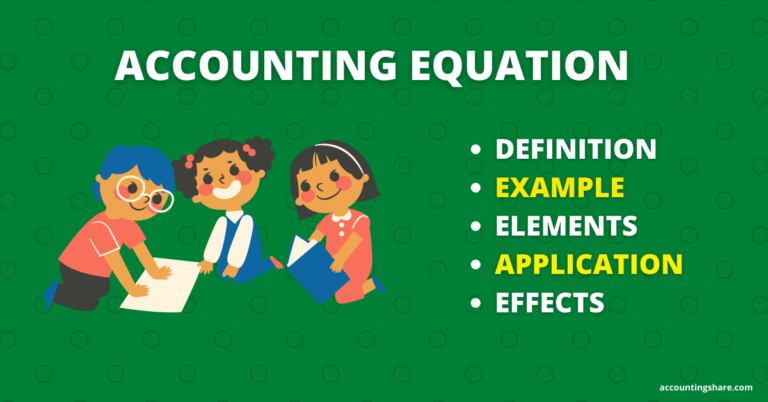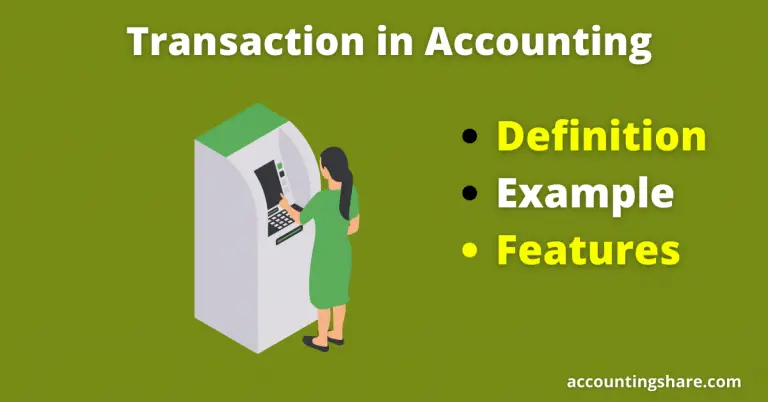Classification of Transactions [Notes with PDF]
In this article, we will learn in detail about classification transactions. We will learn in detail about various types of transactions using examples.
Classification of Transactions
Depending on the nature of the transaction, transactions can be classified in a variety of ways. The classification of the transaction is as follows:
#1. On the Basis of Occurrence
- External Transaction:
External transactions are transactions that take place with an outside person or outside organization. Generally, transactions like buying and selling of goods, exchange of money, etc. are done with outsiders.
For example, goods worth $1,000 were purchased from Barrington. Barrington is an outsider so it is an external transaction.
- Internal Transaction:
The transaction that is organized within the organization is called an internal transaction. These types of transactions are usually invisible transactions.
For example, depreciation of property.
#2. On the Basis of Payment
- Cash Transaction:
A transaction in which cash is exchanged is called a cash transaction. For example, selling goods in cash, paying rent in cash, etc.
- Credit Transactions:
Transactions that do not involve immediate cash exchange are called credit transactions. For example, purchasing goods on credit from ABC International.
#3. On the Basis of Visibility
- Visible Transactions:
Visible transactions are those transactions whose effects or results are visible. For example, buying and selling of goods, payment of salary, etc.
- Invisible transactions:
Invisible transactions are transactions whose effects or results are not visible. For example, depreciation of property.
#4. On The Basis of Objective
- Business Transactions:
The transactions that a business organization completes every day are called business transactions. For example, buying, selling, paying rent, etc.
- Personal Transactions:
Transactions that are organized for personal and family life are called personal transactions. For example, paying house rent, paying school salary, etc.
#5. On the Basis of Utility
- Revenue Transactions:
Transactions that are short-lived, that is, ending in a financial year, are called for revenue transactions. For example, purchase, electricity expense, payment of salaries & wages, etc.
- Capital Transactions:
Transactions whose results last for a long period of time up to more than one financial year are called capital transactions.
For example, purchase of machinery, construction of buildings, etc.
The graphical presentation of the classification of transactions is as follows:

Read:




